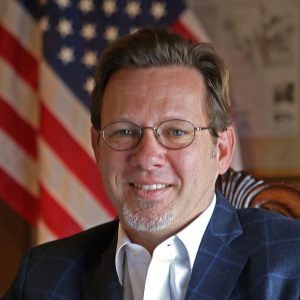Ex-EPA Criminal Chief Says Enforcement Is Short-Changed
Share us on: By Juan Carlos Rodriguez
Law360, New York (May 5, 2016, 6:39 PM ET) — The former head of the U.S. Environmental Protection Agency’s Criminal Investigations Division and the current chief of the U.S. Department of Justice’s sister section said Thursday the Obama administration has thrown its weight behind regulatory initiatives and wildlife matters at the expense of pollution prosecutions.
The EPA’s criminal division is a small unit within the agency and has shrunk during President Barack Obama’s tenure, said Doug Parker, who led the division until about a month ago and is now at Earth & Water Group, a new group that focuses on pairing strategic consulting with legal services for environmental law issues. He said Congress has called for the unit have 200 investigators, but it only has about 160.
“[That] was a deep disappointment to many folks — this continued disinvestment at the political level,” Parker said. “There should be more agents, there are cases that are being unaddressed as a result.”
And Deborah Harris, the chief of the DOJ’s Environmental Crimes Section, said her office is fully staffed at 40 attorneys and actually is in a position to hire more, but with the crunch at the EPA, the number of pollution cases they are doing keeps shrinking.
Speaking at a panel sponsored by the District of Columbia Bar Association’s environment, energy and natural resources section, Harris said the administration “seems to pour” money into the U.S. Fish and Wildlife Service, which is pursuing initiatives including an executive order on wildlife trafficking and a presidential memorandum on illegal, unreported and unregulated fishing.
“Lots of attention and resources going to other agencies,” Harris said. “We are having more and more wildlife prosecutions and fewer environmental pollution type cases. … The resources that are hurting us are the lack of resources at EPA.”
Parker said the administration has been very sensitive to the fact that the EPA is a lightning-rod agency for many in Congress and in the public, and that has informed how it has handled enforcement.
“What I’ve seen is an attempt to kind of downplay criminal enforcement, not just from a resource standpoint but from a notoriety standpoint,” he said. “I think there’s been a concerted effort to not message the criminal program in many ways because of the controversy in some folks’ minds.”
Parker said another reason for the neglect might be that the needs of the EPA’s law enforcement organization are not well understood by the rest of the agency, which is heavily focused on regulation. He said many agency leaders appreciate the CID’s work, but perhaps not as well as those areas in which they’ve spent their careers.
Even with the reduced staffing, Parker pointed out that the agency has several investigators working full time on the Volkswagen AG emissions cheating scandal, which is a result of a system the division has put in place to manage its resources.
“We made the programmatic decision to say it’s worth putting five agents or four agents on VW for a year as opposed to having each of them do three or four other cases that are less significant,” he said.
–Editing by Brian Baresch.




